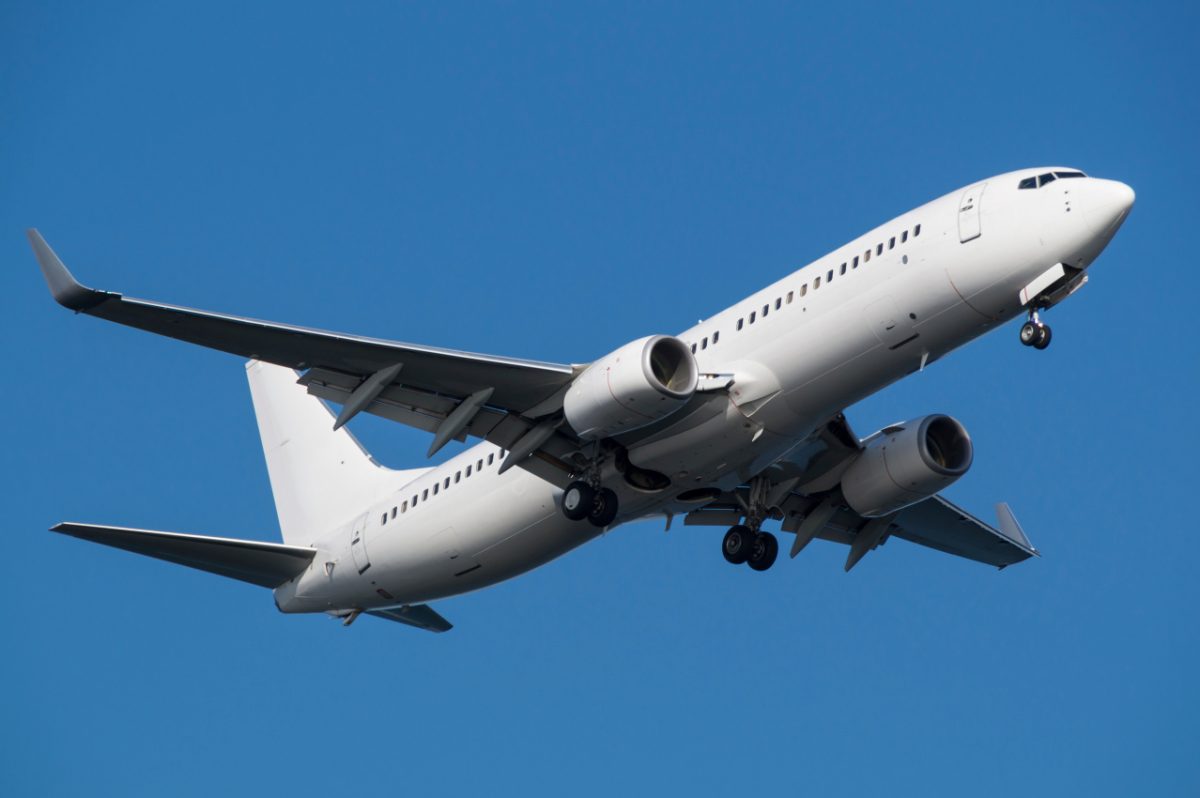One Boeing 737 flying under the banner of the largest airline in Africa stayed up at over 37,000 feet in the air when it was supposed to be descending to land at its assigned destination early this past week, all due to the pilots reportedly falling asleep.
Officials with air traffic controls tried to make contact with the pilots on multiple separate instances once they noticed that the Ethiopian Airlines plane flying from Sudan to Ethiopia has not made any move to start its descent, but in each case, the 737’s crew failed to respond, as reported by The Aviation Herald. After the plane blew past its assigned runway, its autopilot functions turned off and sounded a series of alarms that finally woke the pilots up, who were then able to safely land the aircraft roughly 25 minutes after it was slated to land.
“Deeply concerning incident at Africa’s largest airline — Ethiopian Airlines Boeing 737 #ET343 was still at cruising altitude of 37,000ft by the time it reached destination Addis Ababa,” explained Aviation Analyst Alex Macheras, all alongside a picture highlighting the odd and haphazard flight path from the plane.
Deeply concerning incident at Africa’s largest airline — Ethiopian Airlines Boeing 737 #ET343 was still at cruising altitude of 37,000ft by the time it reached destination Addis Ababa
Why hadn’t it started to descend for landing? Both pilots were asleep. https://t.co/cPPMsVHIJD pic.twitter.com/RpnxsdtRBf
— Alex Macheras (@AlexInAir) August 18, 2022
The pilots from the incident have officially been suspended by Ethiopian Airlines pending an in-depth investigation into the ordeal, stated Macheras. He went on to add that “pilot fatigue” is currently one of the most massive challenges facing the airline industry and endangering passenger safety.
“A timely reminder that pilot fatigue is widespread, an issue across the airline spectrum, sometimes systematic, and poses a major threat to air safety,” explained the aviation expert.
The problem of fatigue has also been an extreme concern among pilots for many airline companies in America, especially among the reported shortages in staffing facing the industry. As reported by CNBC, United CEO Scott Kirby expressed in April, “The pilot shortage for the industry is real, and most airlines are simply not going to be able to realize their capacity plans because there simply aren’t enough pilots, at least not for the next five-plus years.”
Also in April, pilots for both Delta and Southwest warned the executives of the companies about the extreme danger of overworking airline crews, as reported by CNN.
“Fatigue, both acute and cumulative, has become Southwest Airlines’ number-one safety threat,” wrote Southwest’s pilot’s association in a release sent to company executives. Evan Baach, a captain for Delta Airlines and an official for the Air Line Pilots Association went on, “Our pilots are tired and fatigued.”

